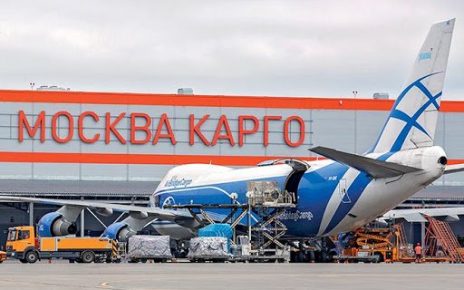Taxation related to travel and tourism services continues to be a problem in Europe that is not getting better but is in fact deteriorating.
- Amsterdam has a controversial VMR tax that largely targets the group travel industry, and it simply does not work.
- Germany is facing a proposed change in the indirect taxation arrangements applicable to non-EU buyers which is still intended in 2022 following current suspension.
- EU destinations suffer a competitive disadvantage because sales to EU consumers of holidays to non-EU destinations remain VAT-free.
With COVID-19 vaccinations on a full-speed ahead program throughout Europe and the world and borders opening up along with travel restrictions easing, it is the prime time for European governments to lay the foundation for a travel and tourism-friendly environment. This is not the case.
Amsterdam’s controversial vermakelijkhedenretributie (VMR tax) largely targets the group travel industry, and it does not work. The final vendor to consumer is liable to collect the tax and remit it to the city. This means an EU city’s municipal tax department is seeking to recover indirect taxes from companies based anywhere in the world. This is obviously impractical, yet the system is still in place and may grow in scope.
In Germany, the proposed change in the indirect taxation arrangements applicable to non-EU buyers (described here) is still intended in 2022 following current suspension. But nothing is certain, and operators cannot price German product with any confidence. They have two options, both bad: either charge a higher price to cover any additional tax, administrative costs and still maintain an economically viable margin, or seek to remain price competitive and run the risk of selling at a loss, trusting that such a self-defeating measure will remain suspended until an EU-wide solution is agreed.




